Get All the Details About Rent-To-Own Property in Real Estate
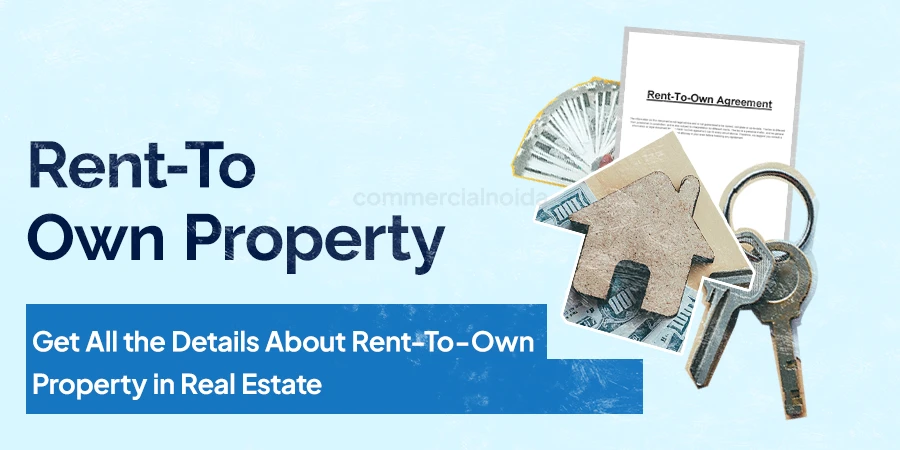
What is Rent-to-Own Property in Real Estate? Everything You Need to Know
If you have a low credit score, have less funds, or just want to try out the space before you buy, rent-to-own could be the logical financial decision for you.
Rent-to-own property is a type of payment plan in real estate that gives you access to a flexible property transaction. It is not a common practice, but still useful if you can find such a deal on a property. Let’s discuss what this payment plan is and why it could be a win-win situation for the buyer and the renter.
What is a rent-to-own payment plan?
A rent-to-own payment plan for a property gives the renter an option to purchase the property they are occupying at a later date (usually between 1-3 years)and an agreed price. It gives the renter some time before they purchase the property, but at the same time, make small payments along with the rent, which will be set aside as a payment towards the property.
Usually, a small percentage (1-2%) of the agreed-upon purchase price is taken as an upfront fee. This arrangement between the landlord and the renter is also commonly known as lease-to-own or rent-to-buy.
How Does a Rent-to-Own Payment Plan Work?
A special clause is added to a regular rent agreement that gives the renter the option to buy the property in the future.
The renter either pays a higher rent or an additional amount with the rent, which can go towards the final payment of the house. An upfront payment can also be asked to, which is significantly lower than a normal down payment.
This type of payment helps the tenant secure financing for the property at their own pace. Also, they can test out the property for commute and liveability before making a big commitment.
But sometimes it can be a binding contract, and you will have to buy the property under any circumstances. The clauses can differ from case to case, so it's advised that both parties consult an expert.
Benefits of a rent-to-own property for an owner
Properties are not listed in the market as rent-to-own, as most owners would prefer to close the deal within 30 days. So, why would an owner agree to such an arrangement?
Non-refundable Upfront payment
Usually, the upfront charges that the renter pays the seller is non-refundable. In case the renter decides that they do not want to continue with the rent-to-own agreement, the landlord has the financial cushion of this deposit. This safeguards the landlord from violations of the agreement, too.
Tenant pays for maintenance and repairs
It is a common scenario where the landlord doesn’t want to invest further in their property for repairs or renovation if they plan to sell it. If the contract states that the tenant is responsible for the repairs in the property, it can be a relief to the owner. The tenant could be happy about the property and won’t mind the extra repair charges, which will create a win-win situation for both.
Elevated Rent
The tenant usually is charged an extra amount in addition to the rent, which goes towards the payment of the house. This helps the tenant start a ‘forced savings’ with the landlord that works in favour of both.
In the meantime, the landlord gets extra income, and the tenant can save to buy their house by setting aside small payments.
Fixed Property price market conditions
The contract that you will enter with the owner will state an agreed-upon price for the property. This works in favour of the owner, if the market crashes in the future, they will still be able to sell the property at a high price. But if the property prices rise, the owner will still have to sell it at the predetermined price. So, it can even be a disadvantage.
Late or missed payments
In case of violations such as late or missed payments, the owner can cancel the agreement and keep the additional payments that a renter makes towards the property.
Conclusion
Although these opportunities are rare, if you are renting a place that you feel would be the perfect future investment for you, try asking your landlord if they are open to this type of payment plan. It can be a win-win situation for both the owner and the tenant. Although, ensure that you read the fine print and consult an expert about the pros and cons of this deal.


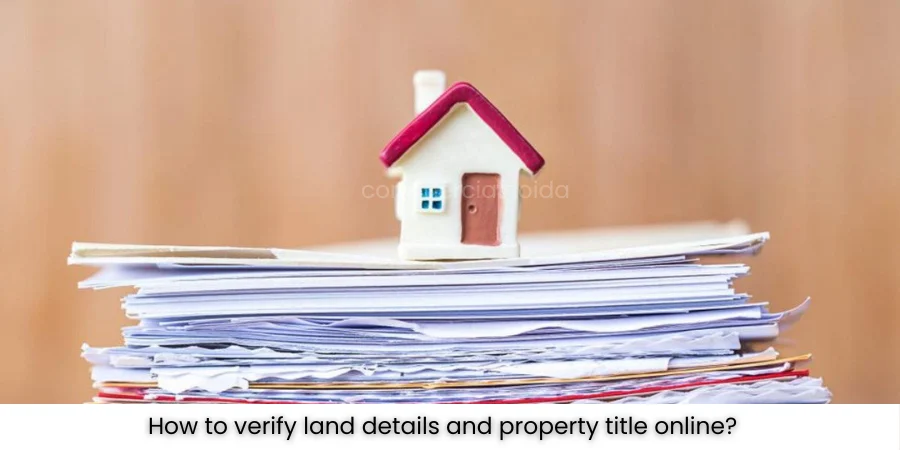
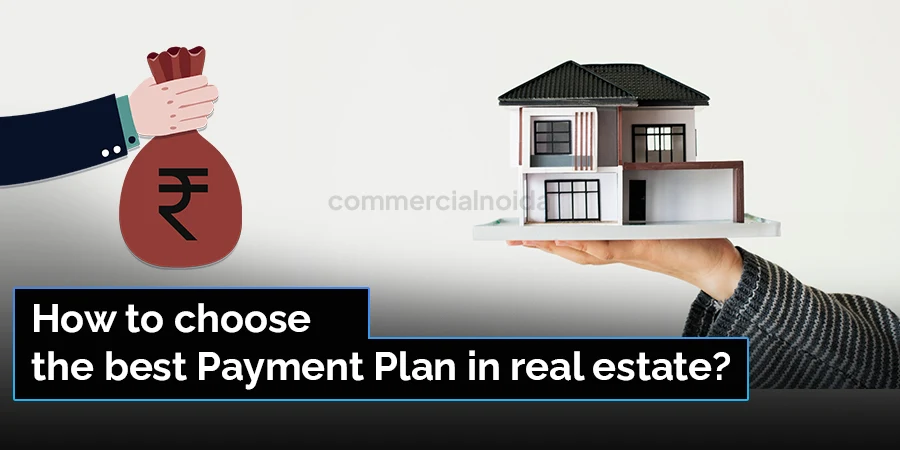
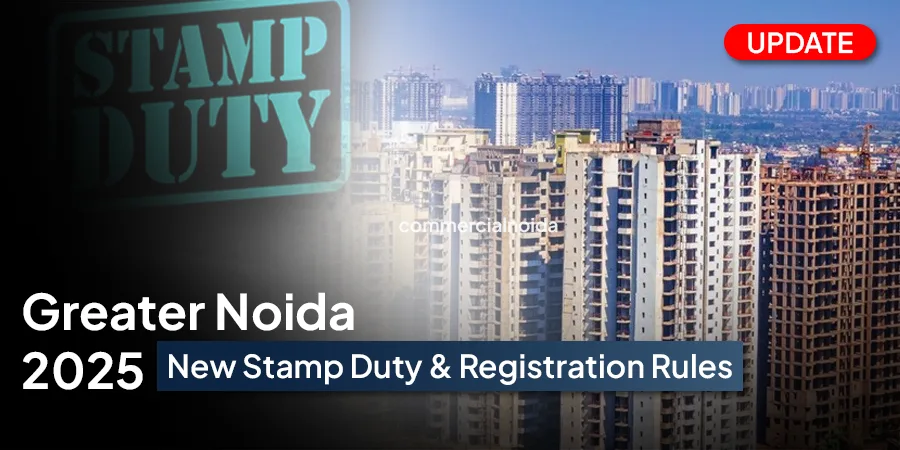
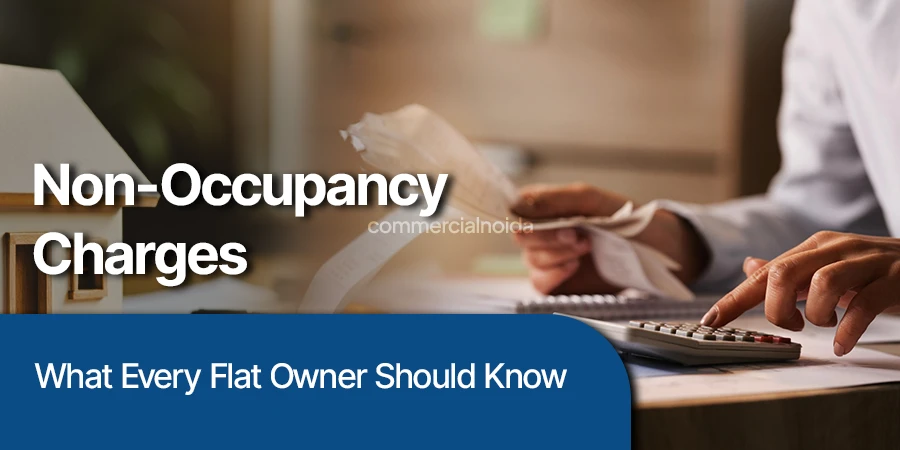
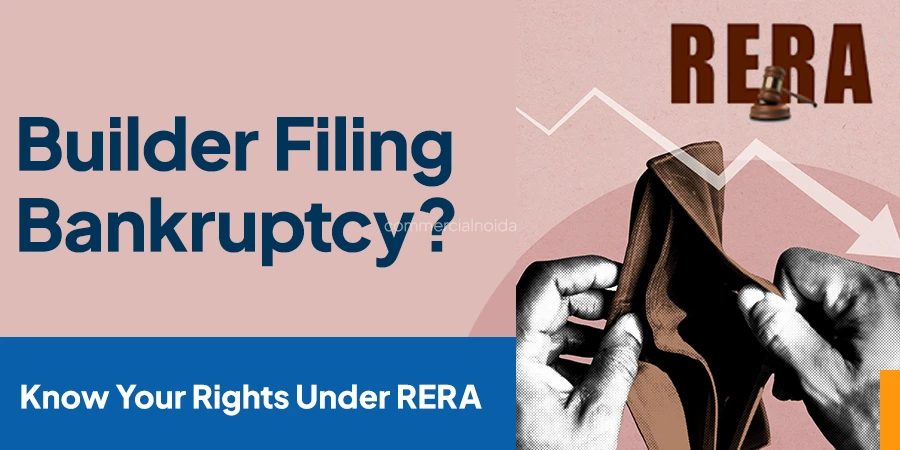
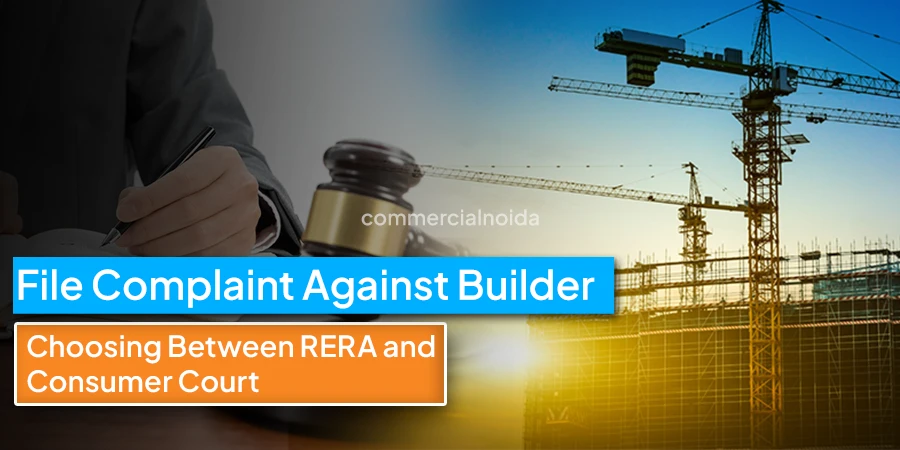
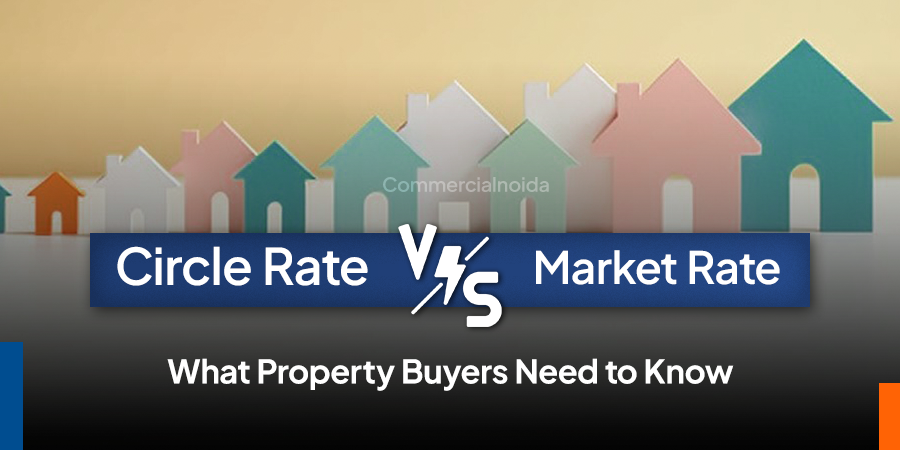
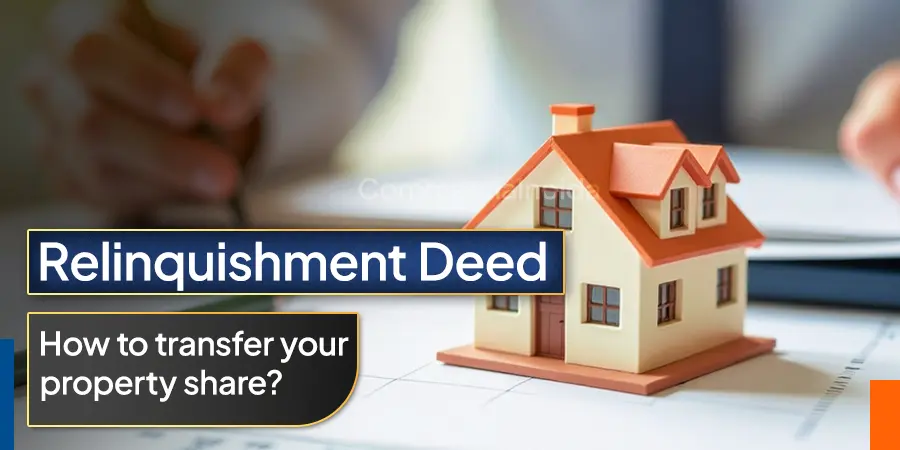
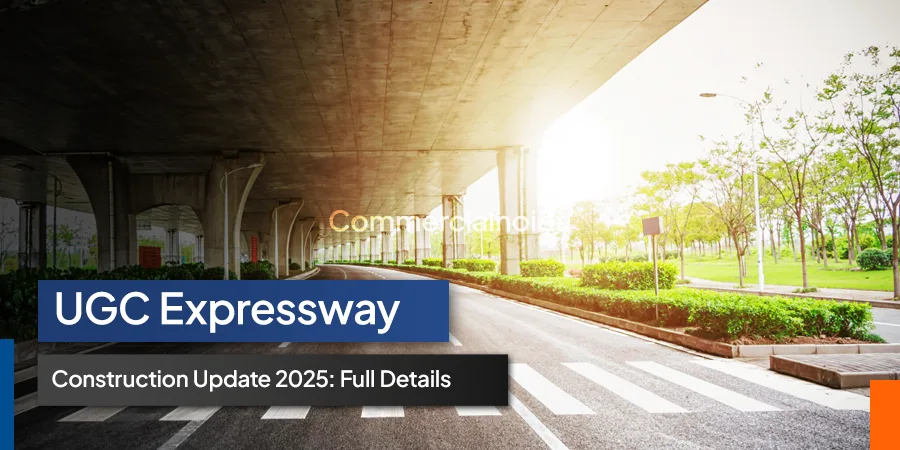
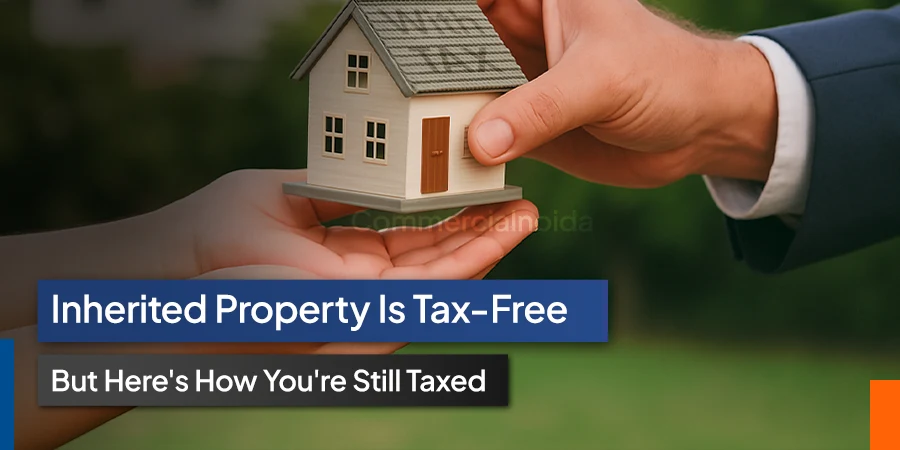

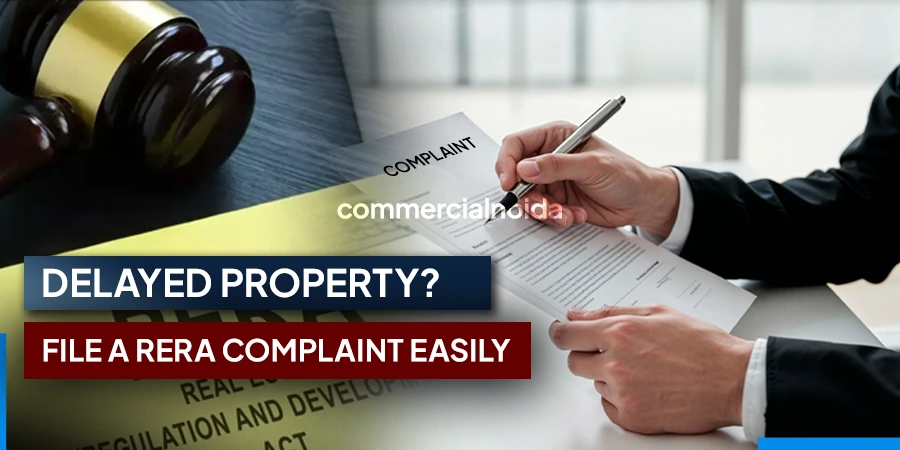
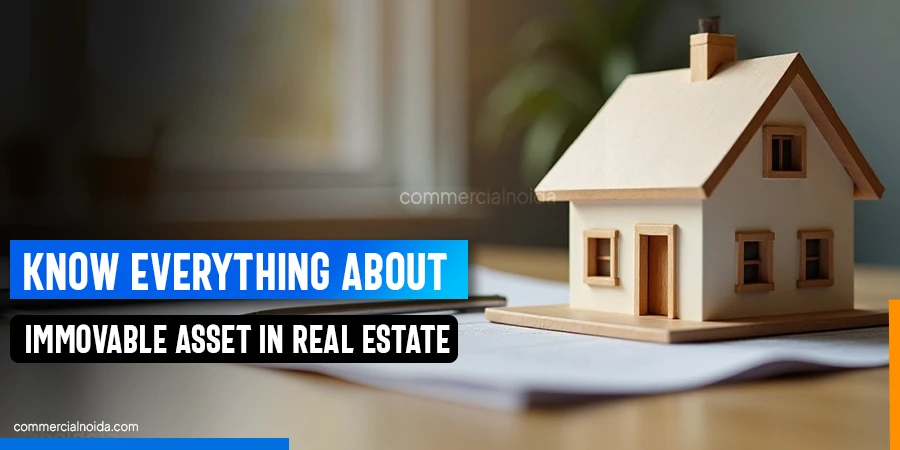






















































































































.webp)

































































































.webp)
















































































.webp)
































































































